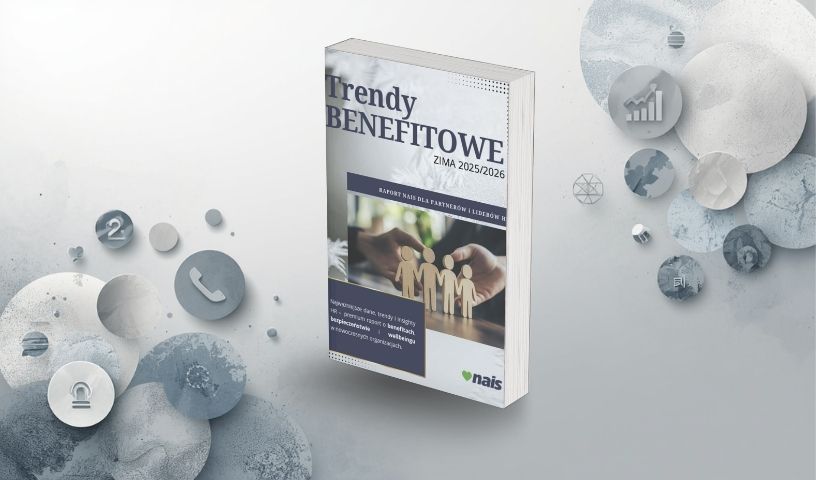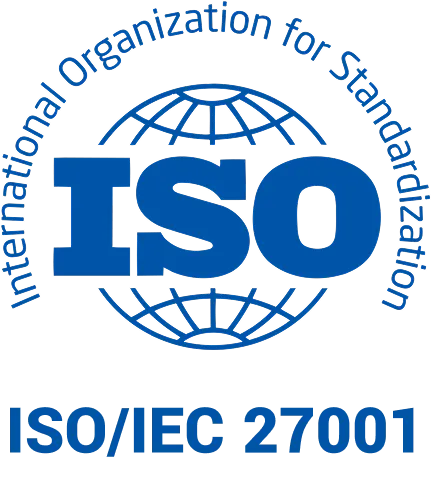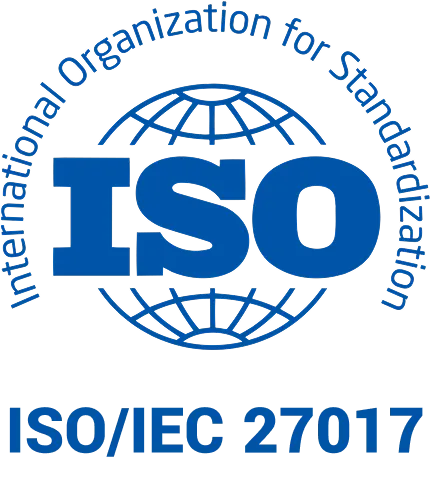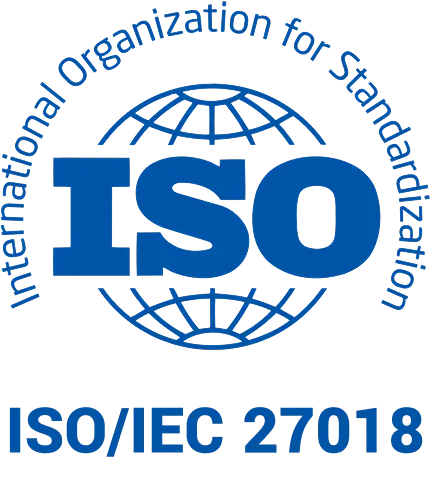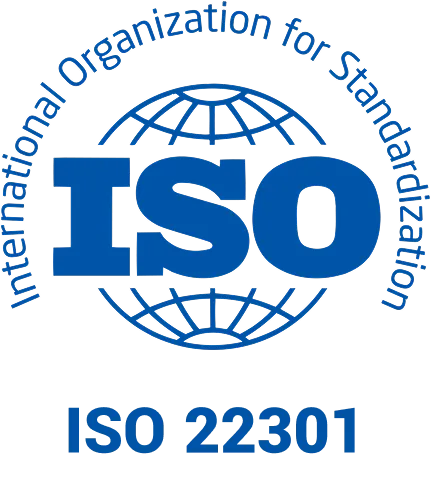
How AI and Automation Are Transforming Employee Onboarding and Recruitment in 2025
The year 2025 marks a time of rapid transformation in the HR industry. Automation in onboarding and artificial intelligence in recruitment are no longer just trends—they’ve become the backbone of modern HR processes. Companies that want to stay competitive must implement innovative technologies to attract top talent and provide exceptional experiences from the very first interaction with the organization. What are the benefits of automation? How is AI reshaping recruitment and employee onboarding? We answer these questions based on the latest data and market practices.
The New Era of HR: Why AI and Automation Are Essential
Today’s job market demands speed, flexibility, and precision. Candidates expect smooth recruitment processes, and new hires want personalized onboarding experiences. HR automation saves time, accelerates workflows, and reduces errors caused by human bias. Artificial intelligence enables large-scale data analysis, predicts candidate-team fit, and personalizes onboarding journeys.
AI in Recruitment – What Does It Look Like in Practice?
AI is revolutionizing recruitment on multiple levels:
- ATS systems (Applicant Tracking Systems) automatically collect, sort, and analyze candidate applications, saving time and minimizing subjectivity.
- AI chatbots handle initial conversations, answer questions, and schedule meetings, reducing the time to first contact from days to minutes.
- Cross-platform data analysis (e.g., LinkedIn, social media) predicts which candidates have the highest potential for success.
- Personalized communication and instant responses improve candidate engagement and overall experience.
Thanks to AI, companies can select the right candidates more quickly and cost-effectively.
Automated Onboarding – A Modern Approach to Integration
Onboarding in 2025 is no longer just about handing over documents. With automation and AI:
- Digital workflows guide new hires through onboarding steps, eliminating paperwork and information overload.
- E-learning modules and personalized training paths are available online, with content tailored to the individual.
- Chatbots and virtual assistants offer 24/7 support, answering questions and sending reminders to increase confidence and comfort.
- Automated document generation and digital signatures streamline processes and reduce the risk of errors.
Many companies are also adopting preboarding—engaging employees before their official start date, e.g., by giving them access to materials or arranging virtual team introductions.
Personalization and Analytics – AI Tailors Onboarding to the Individual
AI analyzes recruitment data and employee preferences to create custom onboarding paths. Algorithms adapt training content, pace, and format to match the new hire’s learning style. Systems track progress, auto-generate reports, and flag potential issues, allowing HR teams and managers to respond quickly.
This approach improves onboarding efficiency and has a positive impact on retention and engagement.
Key Benefits for Companies and Employees
Adopting AI in recruitment and automating onboarding brings measurable benefits:
- Recruitment and onboarding time reduced by up to 25%.
- Lower costs due to automation of repetitive tasks and error elimination.
- Better hiring decisions driven by objective data analysis.
- Increased candidate and employee engagement through personalized experiences.
- Scalability—ability to onboard more people across locations at the same time.
- Enhanced employer branding as a tech-savvy and organized company.
Challenges and the Future of AI in HR
Despite the advantages, AI and automation also present challenges:
- Data security and privacy must be safeguarded at every stage.
- Risk of dehumanizing the process—some candidates may feel disconnected from digital-only interactions.
- Algorithmic bias—AI trained on historical data may reinforce existing stereotypes.
- HR team readiness—successful tech adoption requires training and upskilling.
The future of HR lies in continued personalization, the rise of agent-based AI, and automation of increasingly complex processes—all while maintaining a human touch.
Conclusion
AI-driven recruitment and automated onboarding are no longer future concepts—they're today’s standard. Organizations that invest in these solutions gain a competitive edge, attract top talent, and create consistent positive experiences across the employee lifecycle. Now is the time to explore how your company can harness AI and automation to work faster, smarter, and more innovatively.
If you're looking to modernize your recruitment and onboarding processes, check out Nais Hire. This AI-powered solution automates the entire hiring journey—from importing job requirements and generating personalized questionnaires to behavioral and skills-based candidate analysis. Nais Hire helps you find the best-fit talent faster, cut recruitment costs, and deliver an exceptional experience to every candidate.
Learn more about how to streamline recruitment and onboarding with AI in HR.


























